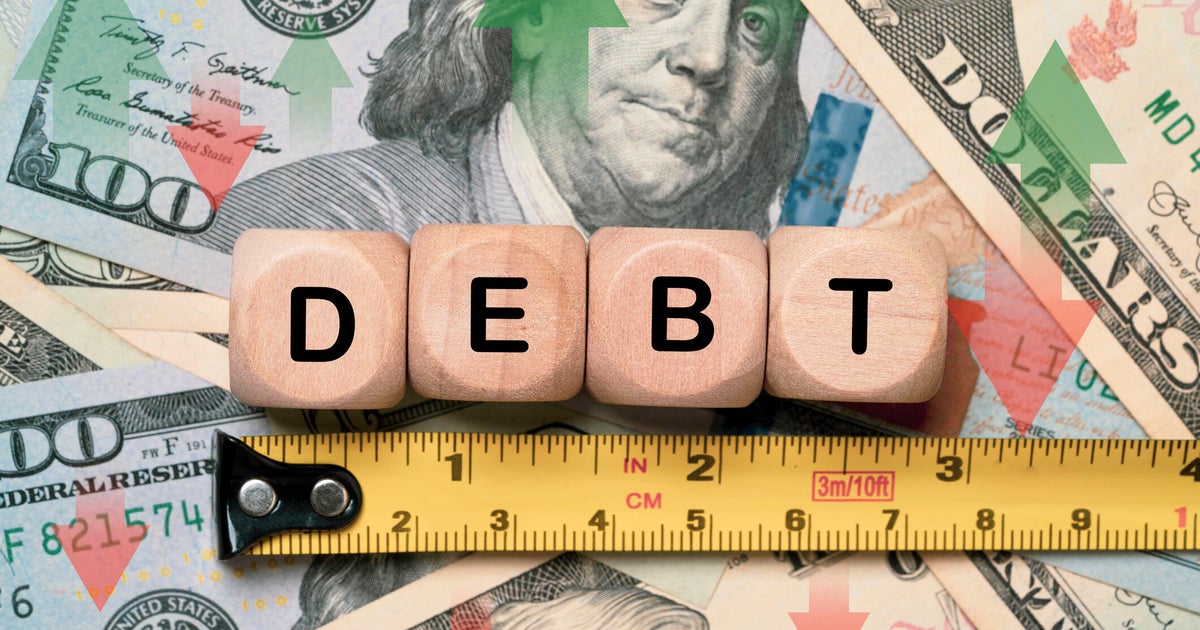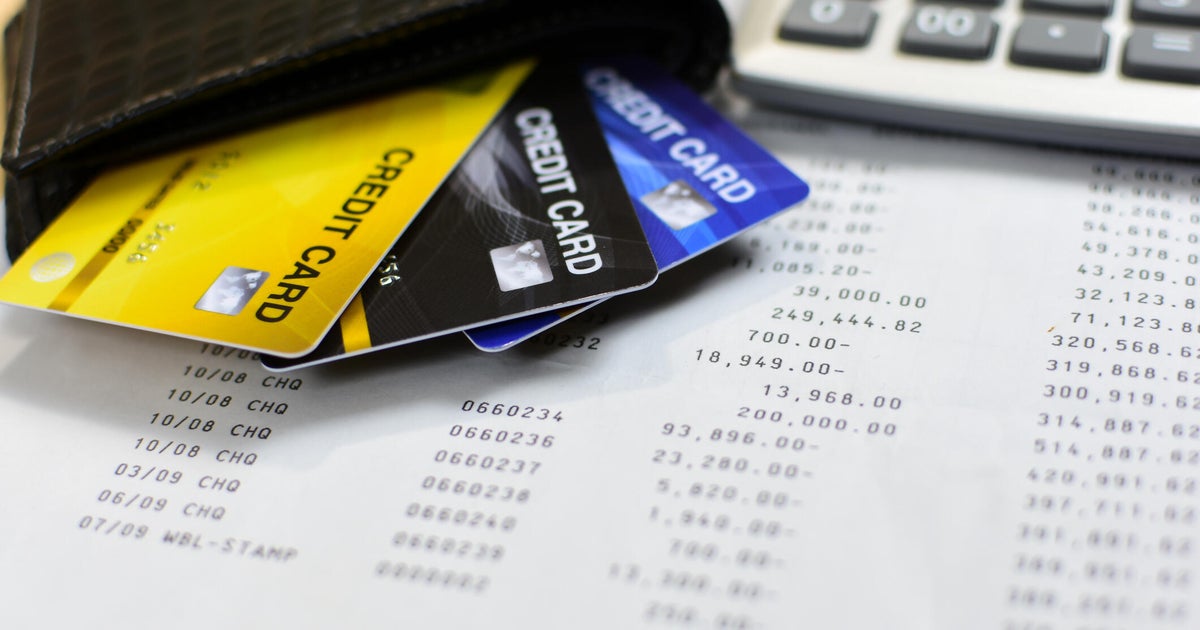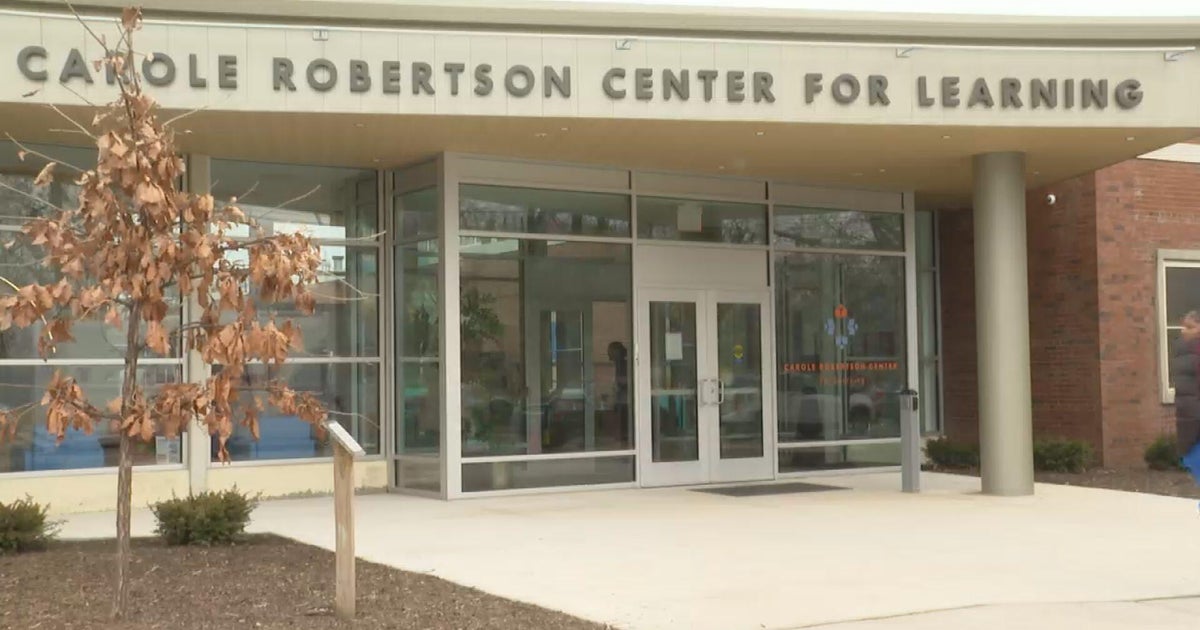Should you use home equity for debt consolidation? Experts weigh in
As a homeowner, the investment you make in your home can be one of your strongest financial assets.
The equity you build in your home over time can even become a financial resource in the form of a home equity loan or home equity line of credit (HELOC). While these are often used for home renovations or necessary repairs, you can also tap into home equity during times of financial hardship or to help pay down other debts.
Because home equity loans and HELOCs often have lower interest rates than personal loans and especially credit cards, you may choose to use your home equity to help consolidate your existing high-interest debt. But is it the right move for your finances? We asked two financial experts for their advice.
You can learn more about the home equity rates you qualify for here now.
Should you use home equity for debt consolidation?
Both home equity loans and HELOCs can help you save on debt payoff — but there are risks to keep in mind, too. Here's what financial experts say you should consider before you decide.
Compare interest rates
Using home equity to consolidate debt is something Julia Colantuono, CFP, APMA, financial planner and founder of One Financial Design says she's recommended to clients in the past.
"The main reason to do this is if you have high interest debt such as credit cards, student loans or other personal loans," she says. "You would want to make sure that the interest rate is lower than those other high interest rate debt sources, otherwise it wouldn't be worth it to consolidate."
Say, for instance, you have a $7,000 balance on a credit card with a 20% APR (close to the national average, according to the latest Federal Reserve data). Though your exact rate will depend on your credit score, location and other factors, there are several options for HELOCs and home equity loans with interest rates under 10% today. Consolidating your $7,000 balance with that rate difference can save you hundreds of dollars over the lifetime of the loan.
Explore home equity options available to you now and learn more.
End the debt cycle
If you're going to use the equity you've built in your home as a tool for paying down other debts, think about why you went into debt in the first place. Establish a plan to make sure you don't end up with the same high-interest balances again in the future.
"If a lack of discipline led to an accumulation of the debt, extra care needs to be given to not continuing to accumulate more debt after consolidation," says Tim Melia, CFP, MBA, financial planner and founder of Embolden Financial Planning.
Create a budget or spending plan to make sure you can pay off your balances in full going forward, and spend only what you can afford to pay down when your bills are due.
Consider long-term effects as a homeowner
Read the fine print of your loan or credit agreement and make sure you understand the potential consequences that can affect you as a homeowner.
Give some serious thought to what may happen if problems arise with repayment, including fees, potential foreclosure and loss of property, says Melia.
If you have any plans to sell your home in the next few years, you should also take into account how your repayment timeline may affect the potential sale. "Now, your debt is tied to your home," Colantuono says. "So if you need to sell your home, you would have that extra HELOC debt to factor in."
Like any other debt consolidation option, consider the big picture of your financial situation before you use home equity for your debt, Colantuono says.
If a home equity loan or HELOC sounds right for you, compare today's best rates and see what you can qualify for.




